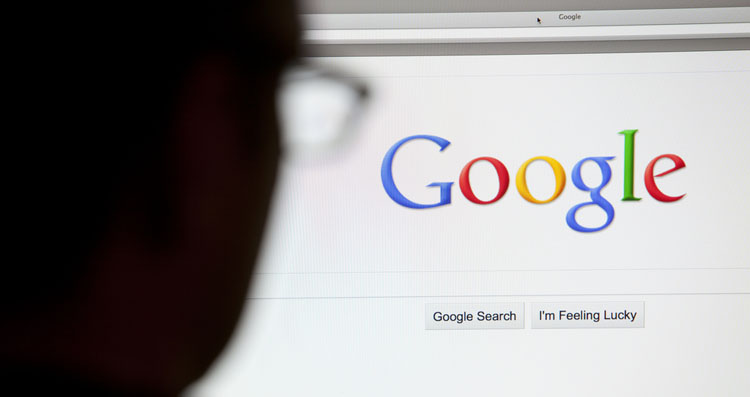Federal judge who ruled against Google is 'taken aback' by its efforts to avoid paper trail

A federal judge who ruled that Google is a monopolist declined to sanction the search engine for failing to preserve internal chat messages, even though he criticized its policies intended to keep bad evidence out of litigation. (Image from Shutterstock)
A federal judge who ruled that Google is a monopolist declined to sanction the search engine for failing to preserve internal chat messages, even though he criticized its policies intended to keep bad evidence out of litigation.
“The court is taken aback by the lengths to which Google goes to avoid creating a paper trail for regulators and litigants,” said U.S. District Judge Amit P. Mehta of Washington, D.C., in his Aug. 5 opinion that found antitrust liability.
Mehta said there was no need to impose sanctions because he was able to rule on Google’s liability without presumptions that deleted chats were unfavorable to Google. The sanctions requested “do not move the needle on the court’s assessment of Google’s liability,” he said.
Reuters, Law360 and Above the Law covered Mehta’s opinion.
The United States and state plaintiffs had sought sanctions for Google’s alleged “systemic destruction of documents” and “flagrant misuse of the attorney-client privilege.”
Since 2008, Google had a practice of deleting chat messages among Google employees after 24 hours unless the default setting is turned to “history on” to preserve the chat. The policy continued even after Google received a hold notice during the investigative phase of the antitrust case.
The company also trained its employees on a “Communicate With Care” initiative that required employees to add a lawyer to sensitive issues discussed in emails to ensure that the communication was privileged.
As a result of Google employees “assiduously” following this advice, Mehta said, Google’s outside counsel initially withheld tens of thousands of records on the grounds of privilege. Following a review, the documents were deemed to be not privileged and produced.
Google also advised employees to avoid using certain buzzwords in communications that included “markets,” “market share” or “dominance.” Workers were also advised to “avoid metaphors involving wars or sports, winning or losing.”
It is no wonder, he said, that the Google case lacked “the kind of nakedly anticompetitive communications” seen in previous antitrust cases. Google took the evidence lessons of those cases to heart and “trained its employees, rather effectively, not to create ‘bad’ evidence,” he said.
Mehta added that his refusal to sanction Google “should not be understood as condoning Google’s failure to preserve chat evidence.”
“Google avoided sanctions in this case. It may not be so lucky in the next one,” Mehta said.
See also:
Google monopoly ruling shows 19th-century law can police Big Tech
Google is an illegal monopoly, federal court rules



